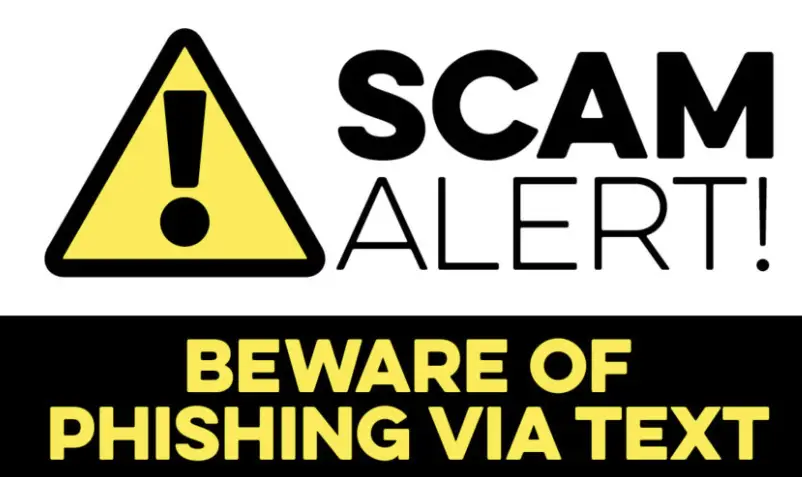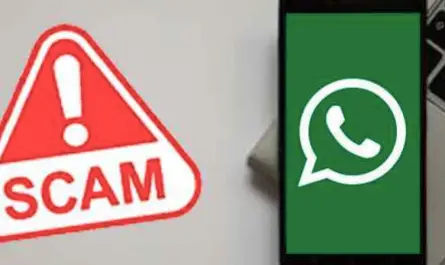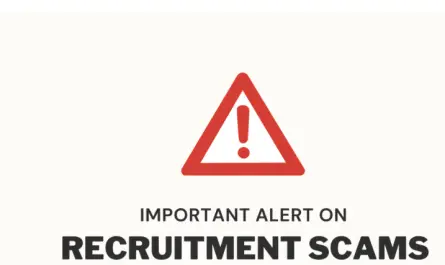One of the latest scam tricks that has been making wave over the internet is the DocuSign Scam Email. Many of their victims have lost all they have worked hard for as a result of this scam. Did you receive any email claiming to be from DocuSign? If yes, kindly ignore these imposters! It is a huge scam. This review uncovers the fraudulent activities of this scammers and offers tips on how to detect scam messages and avoid them. Read till the end.
Phishing (Email scams) and Smishing (Fraud through Text messages) are on the increase these days. Scammers are now coming up with several ways to defraud people on a daily basis. One of the ways they do this is by sending text messages to people prompting them to release vital information or even gaining access to their information without their knowledge. Receivers of such texts are therefore advised to always carry out due diligence before giving out any information about themselves.
What Is The DocuSign Scam Email All About?
DocuSign Scam Email is an email from fraudsters disguising themselves to be from DocuSign, a reputable platform that allows you sign documents electronically. They send links to malicious websites and as soon as you click on the link, they will steal relevant information about you. Do not fall for it.
Thankfully, DocuSign is aware of this scam activities and they are trying their best to make sure that people do not fall victim.
How Does DocuSign Scam Email Work?
In order to appear genuine, the cyber criminals behind the DocuSign Scam Email employ different strategies. This includes creating a fake website to imitate the real DocuSign website. They make it look so real and urgent so that their victims will click any link that these fraudsters sends to them immediately without giving it a second thought. These scammers then install spyware (which can enable a hacker to monitor your actions and steal login credentials) on your system or make you download a virus that could disable your computer
Once you do so, their personal details such as bank details, security number or password may be requested by these scammers and they will use those information to defraud you.

What Are The Effects Of This Phishing Scam On The Receivers?
The negative effects that DocuSign Scam Email has had on people who fell victim of their tricks unknowingly is really heartbreaking. Some lost their life time savings with the promise of getting huge sums of money. Others even ran into huge debt because they had to borrow from friends to invest as requested by these scammers. Some other victims were even put in a critical health condition just because they could not bear the shock of losing all they had to these fraudsters.
These and may more stories, prompted us to start educating the public about this fast rising scam known as DocuSign Scam Email as well as other methods used by scammers these days.
How To Detect The DocuSign Scam Email.
Below are some of the ways you can identify the DocuSign Scam Email.
- They make the text sound urgent and give penalty for those who default. This is to make the receiver do what they said.
- They disguise to be a reputable agency, steal the agency’s official logo and address just to convince people.
- They send links to malicious sites to get your personal information and steal from you.
- They may request for payment from you.
- There are usually errors in their email address or the content of the mail or text.
- Majority of them only make use of text messages and chats or call.
- They address the recipient using generic greetings.
7 Ways To Avoid Being Scammed By These Fraudsters.
In order not to be a victim of the DocuSign Scam Email or any other fake agency, follow these instructions:
- Do not click on any link or download attachment from an unknown sender: Do not be in a hurry to click on any link sent in a mail or text message from someone you do not know. Check for the security code on the email before clicking on the link. Also, DocuSign never attaches zip files, HTML files, or executables to their email.
- Check the URL of the links they sent: Is there is an error in the URL or even the content of the text message like misspelling or omission, then know it is a scam.
- Carry out your investigation: Before clicking on any link, do a research to know if they are actually it is actually coming from the said organization. This will save you a lot.
- Do not disclose your personal information anyhow: No genuine agency will request that you provide personal information such as bank account details, password information and others immediately.
- Follow your instinct: Whenever you come across a suspicious text message, it always safe to pay attention to the details in the message rather than being carried away by their fake urgency.
- Report suspicious messages: As soon as you receive any suspicious message, report to your local enforcement agency so that they will take actions to stop further scam activities. If you have already shared your personal or financial information with these scammers, all you just have to do is to shut down your cards, block the number then report the incident.
- Update your anti-virus and operating system regularly: In order to be safe from phishing scams like this, always make sure you are using the latest version of your antivirus software as well as your operating system. Also, change your passwords regularly.
- Tell others about the DocuSign Scam Email: Enlighten your friends and family member about the ongoing scam so that they will be aware and not fall victim.
Conclusion
People should be cautious of the information they give out about themselves. There are many scammers out there targeting unsuspecting people. Sadly, DocuSign Scam Email is one of the viral scams over the internet recently just like Kokugo Co Ltd Scam. To stay safe from these fraudsters, you have to adhere to the instructions given above. Click Here to see a list of phishing scams to avoid. Other phishing scams we have reviewed are ICCU Scam Text and Sky Refund Scam


